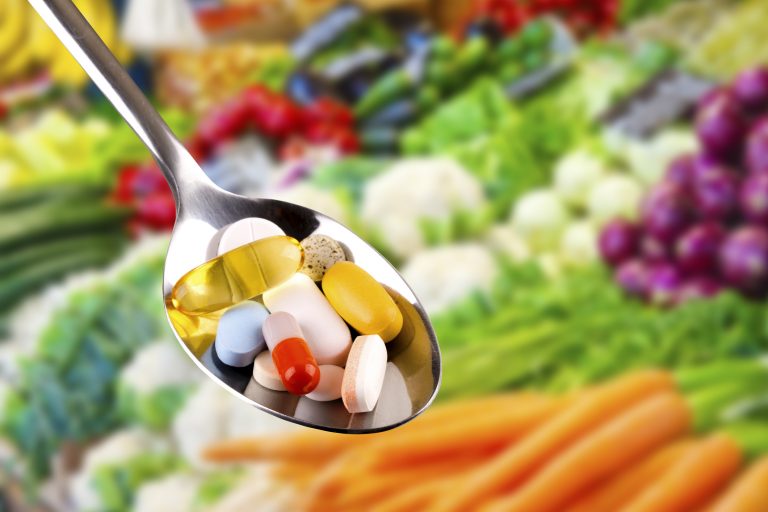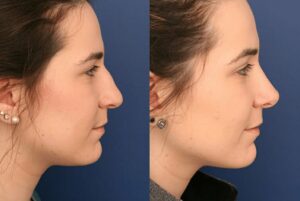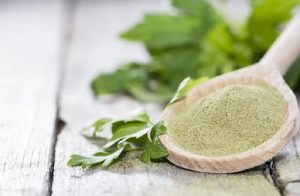
Vitamin K2, a lesser-known member of the vitamin K family, has gained attention for its crucial role in promoting both bone health and cardiovascular well-being. While often overshadowed by its more recognized counterparts, vitamin K1 and vitamin D, the unique properties of vitamin K2 make it an essential nutrient for maintaining optimal health.
- Bone Health
Vitamin K2 is a key regulator of calcium in the body, ensuring that it is directed to the bones and teeth where it is needed, rather than accumulating in arteries or soft tissues. This process is essential for preventing conditions such as osteoporosis and promoting overall bone density.
Osteocalcin, a protein involved in bone mineralization, requires vitamin K2 for activation. This activation is crucial for binding calcium to the bone matrix, strengthening the skeletal structure.
- Cardiovascular Benefits
Vitamin K2 plays a pivotal role in preventing the build-up of calcium in the arteries, a process known as arterial calcification. By activating matrix Gla-protein (MGP), vitamin K2 helps inhibit the deposition of calcium in blood vessels, reducing the risk of arterial stiffness and cardiovascular diseases.
Studies have suggested that adequate vitamin K2 intake may be associated with a lower risk of coronary heart disease. Its ability to regulate calcium metabolism contributes to maintaining healthy blood vessels and reducing the risk of atherosclerosis.
- Synergy with Vitamin D
Vitamin K2 works synergistically with vitamin D, emphasizing the importance of a balanced intake of both nutrients. While vitamin D promotes calcium absorption, vitamin K2 ensures its proper utilization, directing it to the bones and preventing its accumulation in arteries.
The combined action of vitamin D and K2 is crucial for maintaining a healthy calcium balance in the body, supporting not only bone strength but also cardiovascular health.
- Food Sources
Vitamin K2 is found in fermented foods such as natto (fermented soybeans), sauerkraut, and certain types of cheese. Additionally, it is present in smaller amounts in meat and dairy products.
While the body can convert some vitamin K1 into K2, obtaining an adequate amount of vitamin K2 directly from the diet or supplements may be beneficial, especially for individuals with specific health concerns.
- Supplementation
For those with limited dietary sources of vitamin K2 or who have conditions affecting absorption, supplementation from brands like pure encapsulations magnesium at Supplement First can be a viable option. However, it is crucial to consult with healthcare professionals to determine the appropriate dosage and ensure compatibility with other medications.
- Anti-Inflammatory Properties
Vitamin K2 exhibits anti-inflammatory effects, which can be beneficial for individuals dealing with inflammatory conditions. By reducing inflammation, vitamin K2 contributes to overall health and may indirectly support cardiovascular well-being. This is why individuals take vitamin K2 supplements from brands like Pure Encapsulations O.N.E. Multivitamin in Supplement First.
- Cognitive Health
Emerging research suggests a potential link between vitamin K2 and cognitive function. While more studies are needed, there is evidence to indicate that vitamin K2 may play a role in preserving cognitive abilities as individuals age.
Wrapping It Up
Vitamin K2’s unique role in directing calcium to the bones and preventing arterial calcification highlights its significance for both bone health and cardiovascular well-being.















